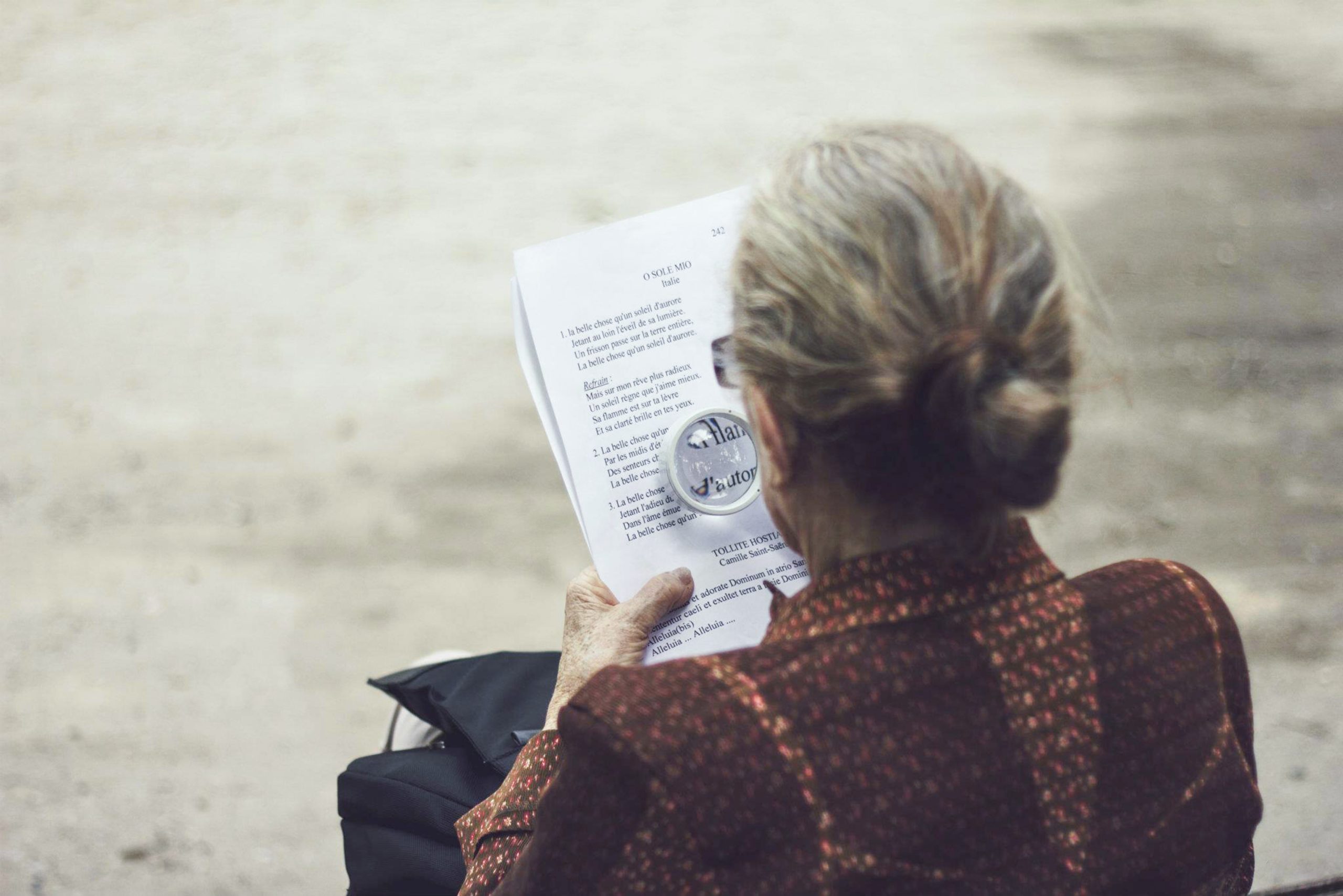The Natural Process of Ageing

Whether we like it or not, we are all growing older every single day. We are not the same person we were 15 years ago, not physically, psychologically or socially. The process of getting older is known as ageing. Some of the first things that might come to mind when you hear the word ageing, is wrinkles, gray hairs, and sagging. However, ageing goes beyond the outer appearance. The bones also get less dense, some organs begin to slow down and cells are slower at regenerating which can lead to disease. There are many processes in play that attribute to ageing. This article features 3 of the main causes of ageing: Oxidative stress, Telomere shortening and Glycation.
Oxidative Stress
Every day, our cells make energy in the form of a substance called ATP. While making ATP, oxygen atoms are exchanged and passed to different molecules. Oxygen has a negative charge and therefore binds to different molecules to become neutral and stable. However, occasionally one of those oxygens gets loose from the process. This free oxygen is called a reactive oxygen species (ROS) or free radicals. Because of the negative charge on the oxygen, it finds other molecules to bind to in the body, such as proteins, cell membranes, and DNA. When the oxygen binds it creates damage and can destroy the cells. When we are young, our bodies have antioxidant molecules that help prevent reactive oxygen species from causing damage. However, as we age, the number of these reactive oxygen species increases and there is less of the protective antioxidant molecules. This causes an increase in damage to our cells and can lead to some of the common ageing problems. For example, grey hair can be caused when reactive oxygen species (O-) bind to water (H2O) in our hair resulting in hydrogen peroxide (H2O2). The hydrogen peroxide bleaches the hair, making it appear gray or white.
Telomere shortening
Our cells are constantly regenerating. As old cells die, our bodies replicate the DNA and create new cells. At the end of DNA, there is a small portion called a telomere. Telomeres are caps of the end of DNA. Every time the DNA is replicated, the telomeres become shortened. Once the telomeres become too short, that cell is no longer able to replicate. This causes damages to our cells and tissues and increases the ageing process.
Glycation
As we age, our body becomes less equipped to deal with sugars. The sugars in our blood combine with proteins and fats, creating advanced glycation end products (AGEs). The AGEs will then bind to certain receptors on our cells. This combination of AGEs and receptors (called RAGE) causes an increase in inflammation, a decrease in skin cell growth and causes collagen and elastin to break down. Collagen and elastin are proteins that are present in the skin and organs to help provide structure. Therefore, glycation is one of the reasons that skin becomes more wrinkly and saggy during ageing. Glycation also affects the blood vessels, bones, muscles and organs and can cause decreases in body functioning.
Ageing is a complex process which involves many different mechanisms. While we can’t stop ageing, there are many things that can be done to ensure that you are ageing healthfully.



